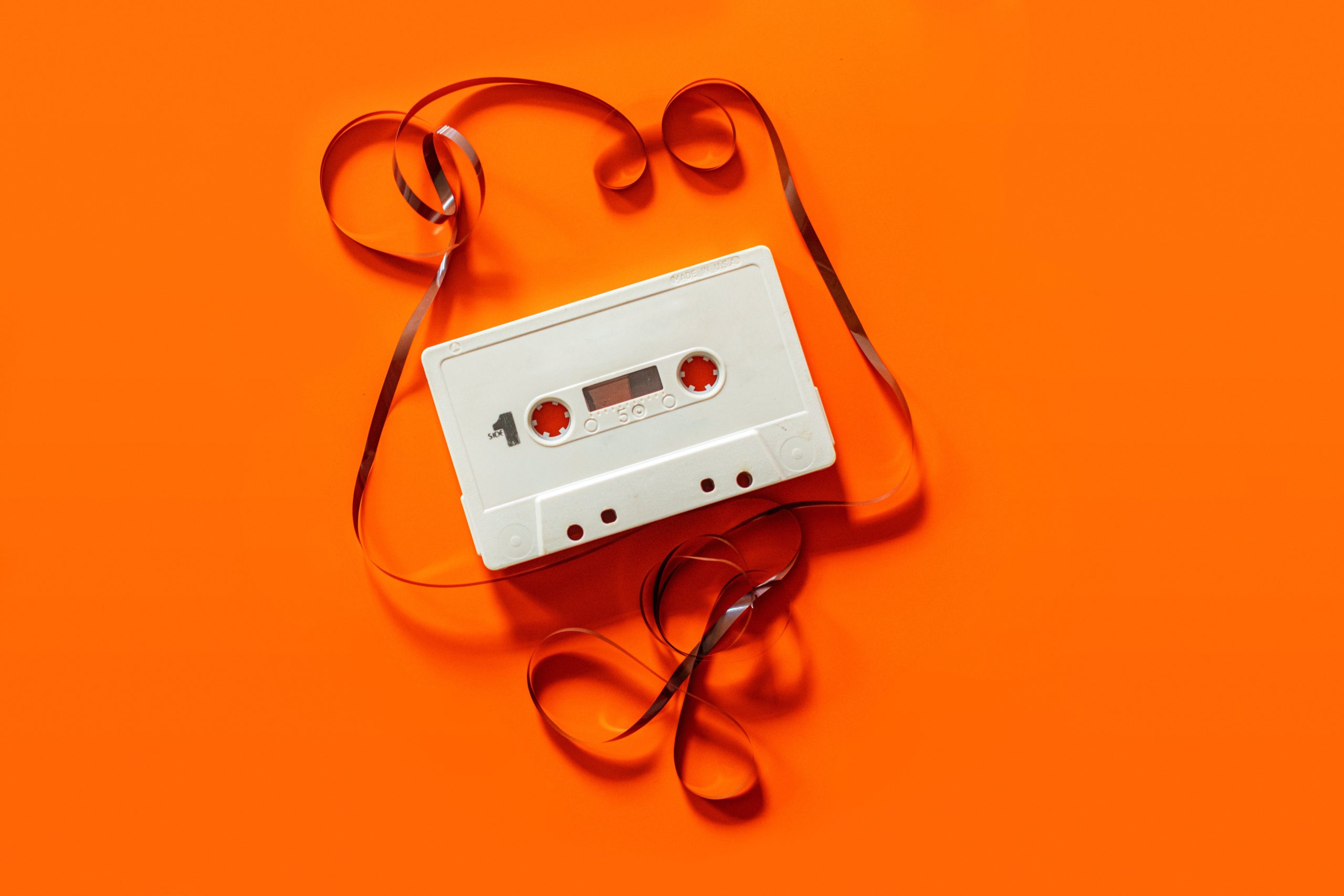【Transcript of Podcast Episode #76】
Hi, everyone. This is MT. I’m a language learning advisor, English coach, as well as multi-language learner myself. How are you guys doing today? Hope you guys are doing great.
All right, so let’s get started. Okay. So today I am going to talk about the importance of recording your voice while speaking to your teacher or (language) exchange partners and…
Previously, I talked about the importance of recording yourself while talking to yourself, right? And that is really good practice. And, the one reason why I recommend is that you can feel the improvement of your language skill.
So when you want to quit learning language because you cannot tell your progress, then I think it’s good to go back and listen to you speaking in the target language three months ago, six months ago, or the time you started learning the language, then it gives you motivation or encourages you to keep learning the language, because you are actually improving, right?
Okay. And then today I want to, you know, recommend you recording yourself while talking to your teacher or your language exchange partners. And the reason why I’m telling this is that I noticed that the difference, you know, like when you are speaking to yourself and when you are actually talking to somebody else is really different.
These days, I often record myself speaking in (my) target language while talking to my teacher, and I noticed that when I’m talking to teacher or somebody, I feel nervous, right? So my voice sounds a bit softer and quieter. And, also I pause a lot to think what to say and I’m taking a lot of time before actually saying something.
When I’m talking to myself, it doesn’t happen because I can control the conversation, right? But when you’re having a conversation with somebody else, you have to quickly respond. So, you know, you have to think quickly. You cannot really control the conversation. You have to catch what they’re asking and right away you have to answer to the person.
So it’s quite different. And I think when you are ready, I think you should, you know, start speaking to your teacher or your language exchange partners and record yourself, so you can tell what is missing. When you are nervous, I think It’s different, right?
Even though you know the words and expressions, you cannot say it naturally because you’re, you know, like when you are nervous, right? So, one thing I can tell it that, um, you have to practice a lot. You have to experience the feeling, experience the moment you in order to improve, or in ordered to get used to speaking.
And so I recommend you have a teacher or find language exchange partners so that you can practice, you know, several times a week at least I think that’s the key. Of course, self-talk helps you a lot as well, but people like me feel nervous when speaking to actual native speakers so I think that is very, you know, like, Important to get used to speaking that language. In order to do so, I think the best practice is to talk to native speakers or your target language speakers.
Okay. So, yeah. And by recording you speaking, you can tell what skills you’re missing. So, you know, if you’re a nervous, you have to get used to speaking a lot. If you pause a lot, maybe your vocabulary is not wide enough to respond quickly. So you need more vocabulary. Or if you are thinking too much to speak correctly, you have to learn how to speak fluently instead of accurately, you know? ‘Cause I believe that when you started learning the language, I think first you need to focus on fluency instead of accuracy, after hitting the certain level, you should focus more on accuracy, right?
So, If you’re, you know, like afraid of making mistakes and cannot say sentences, like you can just speak the language. I think you have to practice to speak fluently. So you have to, you know, like try to speak for whatever things, which come to your mind and get used to doing so.
I, okay. All right. So. Yeah, that’s it for today.
I hope it helps. and thank you so much for listening and hope to see you next time.
Bye!







コメント